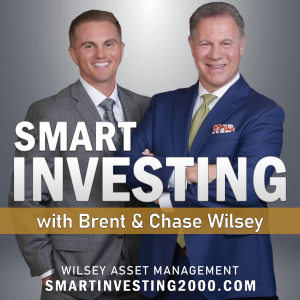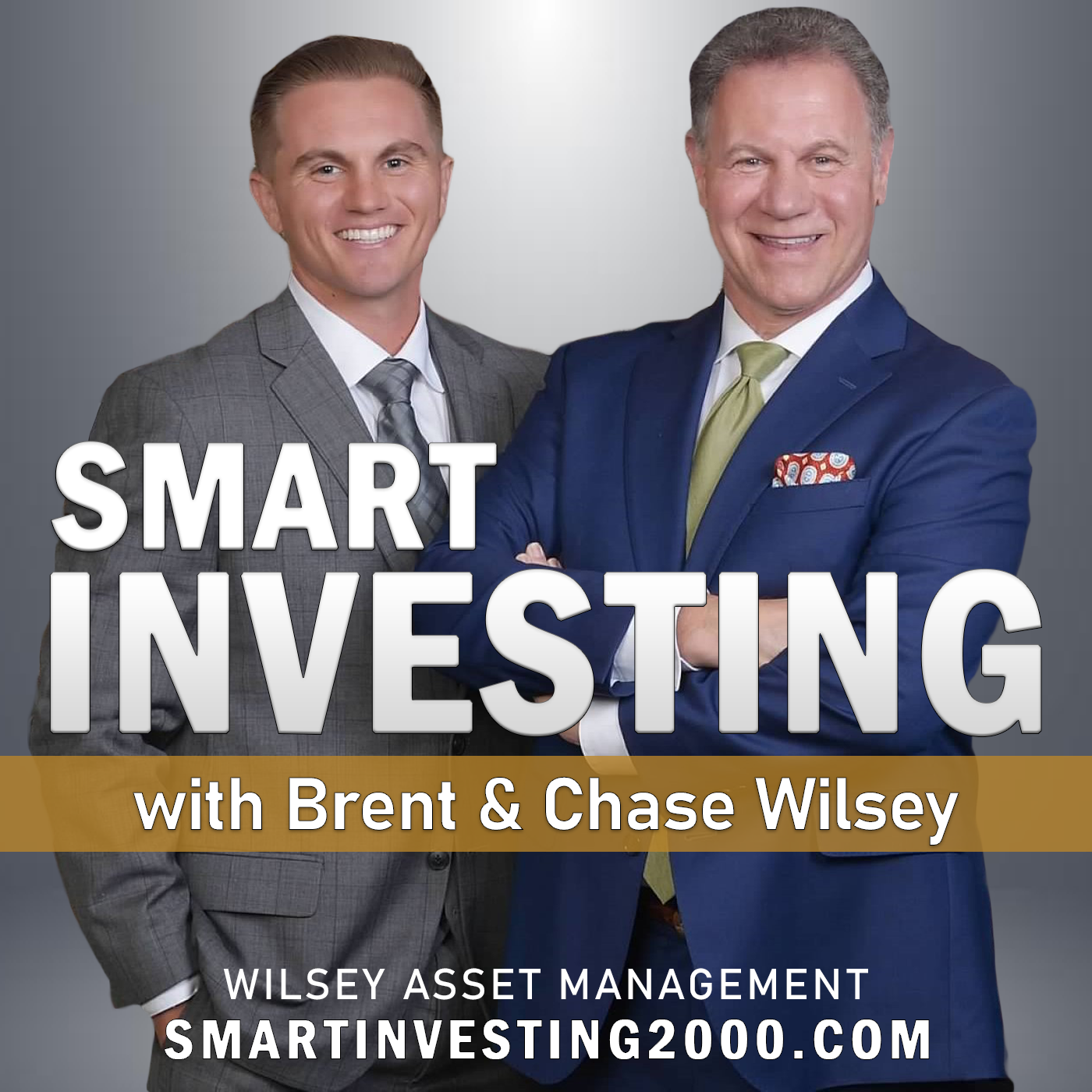Episodes

Friday Feb 07, 2025
Friday Feb 07, 2025
Job openings post a sharp decline
The Job Openings and Labor Turnover Survey, also known as the JOLTs report, showed job openings of 7.6 million in the month of December. This was below the estimate of 8 million and the reading of 8.09 million in the month of November. While this may sound disappointing, this still leaves the ratio of open jobs to available workers at 1.1 to 1. A softening labor market is still not a bad thing considering it is coming from such a strong spot where workers have had an immense amount of power over employers for a couple of years. The Fed wants to make sure the labor market isn't too strong as it could cause inflationary concerns, so I actually see this as a positive considering it is still a good report, but not too strong. I still believe the labor market could soften further without it being problematic for the economy.
Jobs growth still looks positive
Although the nonfarm payrolls growth of 143,000 in the month of January missed the expectation of 169,000, I still see the number as healthy for a growing economy. This number also came after upward revisions of 100,000 for December and November. The January number was slightly off the average of 166,000 in 2024, but I would expect to see a lower total in 2025 given the fact that the unemployment rate is extremely healthy at 4%. I was surprised to see wage growth accelerate to 4.1% in the month, which was higher than last month’s reading of 3.9% and was at the highest level since May 2024 when it also registered 4.1%. At this level I wouldn’t say wage inflation is problematic, but I would say it is worth watching. If it reaccelerated to a higher level that could pose problems for the battle over inflation. I would say overall the job report looked healthy with no major surprises and for the most part it would point to a labor market that is continuing to soften, which I believe is good for our economy as a whole.
Redemptions are high for climate mutual funds
Climate mutual funds, sometimes called green funds, grew quite rapidly from 2019 through the beginning of 2024. Apparently, investors began realizing that the equity concentration in these mutual funds really hurt their returns in 2024. Redemptions of $30 billion means investors wanted to leave these climate sensitive mutual funds to invest elsewhere. It is estimated worldwide that climate focused mutual funds are approximately $534 billion. Redemptions of $30 billion is a pretty big hit considering that equates to around 5 to 6% of fund assets. Based on how times are changing, I believe going forward investors should not expect their returns to keep pace with the overall market. Another problem for investors is when redemptions in these funds are high, the fund manager must sell off assets to raise cash, perhaps at lower prices which can really hurt the performance of the fund going forward. This is because the stocks have been sold out of the portfolio to raise cash and if the stocks rebound, the fund performance will lag because of the missing equities that had to be sold. On the other side, if they sell positions with a gain, this will create tax consequences for investors.
Behind the curtain of private equity
Private equity over the last few years has become the cool thing in investing. Investors have been trying to get into private equity as an alternative asset, which I personally do not believe in because of the behind the curtain details no one knows what’s going on. Over the last 10 years, private equity assets have increase 300% to around $4 trillion. What’s even more amazing is that the fees collected by these private equity firms has increased 600%! A trade group by the name Institutional Limited Partners Association has had enough. They are pushing for new guidelines to standardize financial reporting for private equity investors including public pension plans, university endowments, and charitable foundations. What I thought was crazy is that private equity firms will vary how much they disclose to their clients based on how much they invest. The small investors will get less information than the bigger investors. In my opinion, it is not a wise place to put your money as I like to know what is going on with my investments. There are ways that the private equity firms are enhancing returns by using certain types of financial engineering as opposed to the old way of selling the companies they buy and returning cash to the investors. The most revealing thing I could find was the median fee that the small investors pay is somewhere around 2%. I have said many times in the past if your broker is trying to sell you or put you into the hot private equity market, I recommend saying no thank you and find another broker.
Are 401(k) Loans a Good Idea?
Taking a 401(k) loan may seem like an attractive option for quick access to cash, but it often comes with significant financial drawbacks that make it a bad idea. When you borrow from your 401(k), you are essentially taking money out of your retirement savings, which means losing potential investment growth and compounding returns that are crucial for long-term wealth accumulation. Although you repay yourself with interest, the interest rate is usually lower than what your investments could have earned if left untouched. Additionally, 401(k) loans must be repaid within a set timeframe, and if you leave your job, either voluntarily or involuntarily, the outstanding balance becomes due. Failure to repay results in it being treated as a distribution, triggering income taxes and, if you are under 59½, an additional 10% early withdrawal penalty, plus a 2.5% penalty in California. This can lead to a significant tax burden and further reduce your retirement savings. Moreover, and this is the biggest drawback in my opinion, when you repay the loan with interest, even though you are paying that interest to yourself, you are paying that interest with after-tax dollars which means you are being taxed twice. First you have to earn that money and pay taxes on it in order to pay the interest, and you are taxed again when you withdraw that money in retirement. Many people also fall into the trap of taking multiple loans, which can create a cycle of dependency and derail long-term financial security. While a 401(k) loan might seem like a convenient way to borrow, the risks of lost investment growth, tax consequences, and potential repayment difficulties make it an unwise financial move in most situations.
Companies Discussed: Fox Corporation (FOXA), PVH Corp. (PVH), Dollar General Corporation (DG), United Parcel Service, Inc. (UPS)


No comments yet. Be the first to say something!